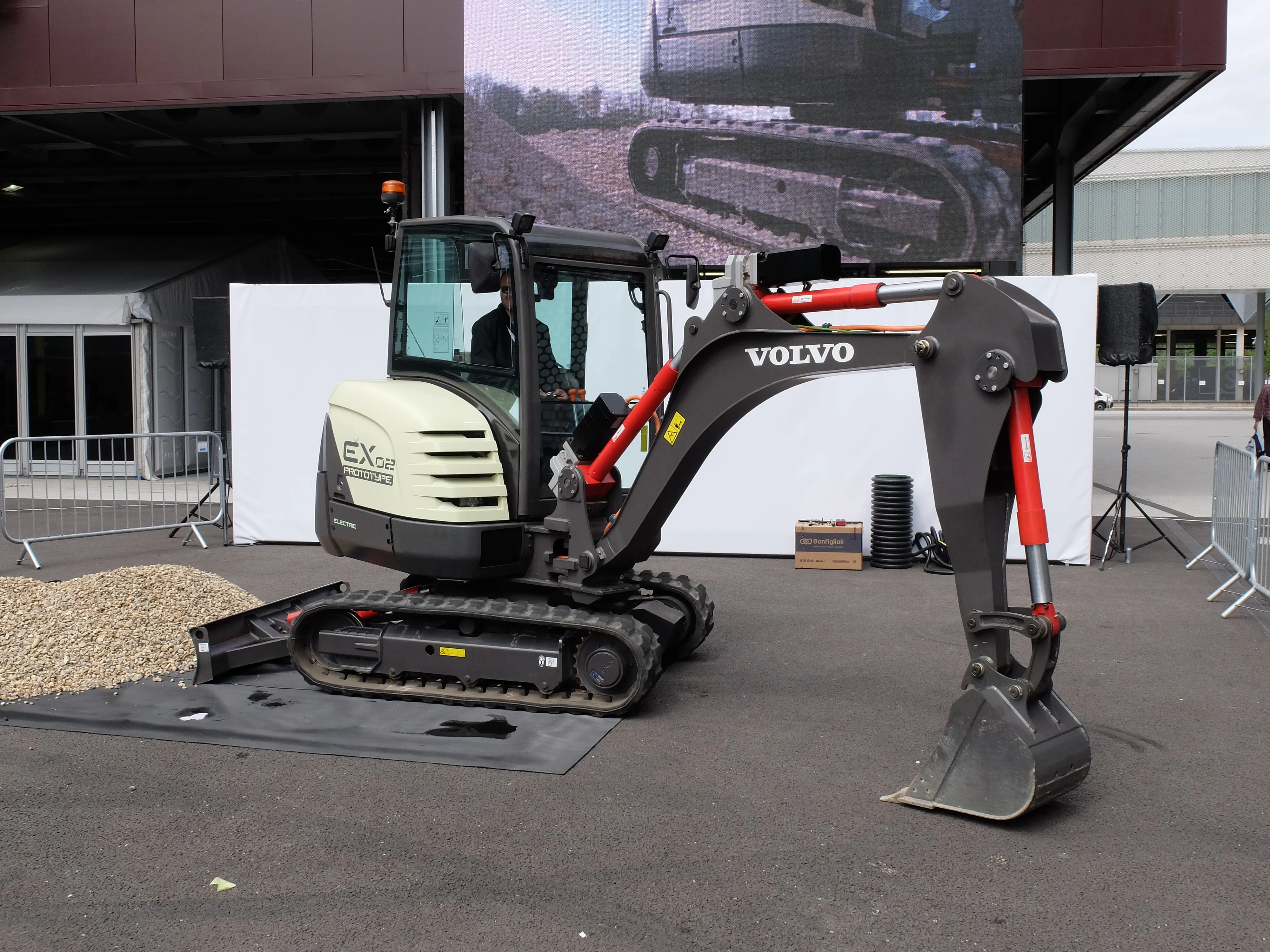New advances in electric motor development could lead to more efficient electric vehicles being developed. Japan’s Tohoku University has been working on switched reluctance motors that feature an axial gap design and do not require permanent magnets. These can deliver the same torque as motors featuring permanent magnets however, a key point as the cost of the rare earths needed in permanent magnets has increased. Meanwhile Nissan said that sales of its Leaf model are now growing, with 46,000 having been bo
December 17, 2012
Read time: 2 mins
New advances in electric motor development could lead to more efficient electric vehicles being developed. Japan’s Tohoku University has been working on switched reluctance motors that feature an axial gap design and do not require permanent magnets. These can deliver the same torque as motors featuring permanent magnets however, a key point as the cost of the rare earths needed in permanent magnets has increased. Meanwhile 2454 Nissan said that sales of its Leaf model are now growing, with 46,000 having been bought. Of these, 25,000 have been sold in Japan, 18,000 in the USA and 7,000 in Europe. Nissan and its partner 2453 Renault plan to sell 1.5 million electric vehicles by 2016 and have established a facility in the US able to produce 350,000 lithium-ion battery packs/year.
In addition,3055 Mitsubishi is working on plans to increase the number of electric charging points in Japan. Some 400 new 200V charging points will be added, in addition to the 3,192 standard charging stations and 1,380 fast-charging points in the country.
In addition,






